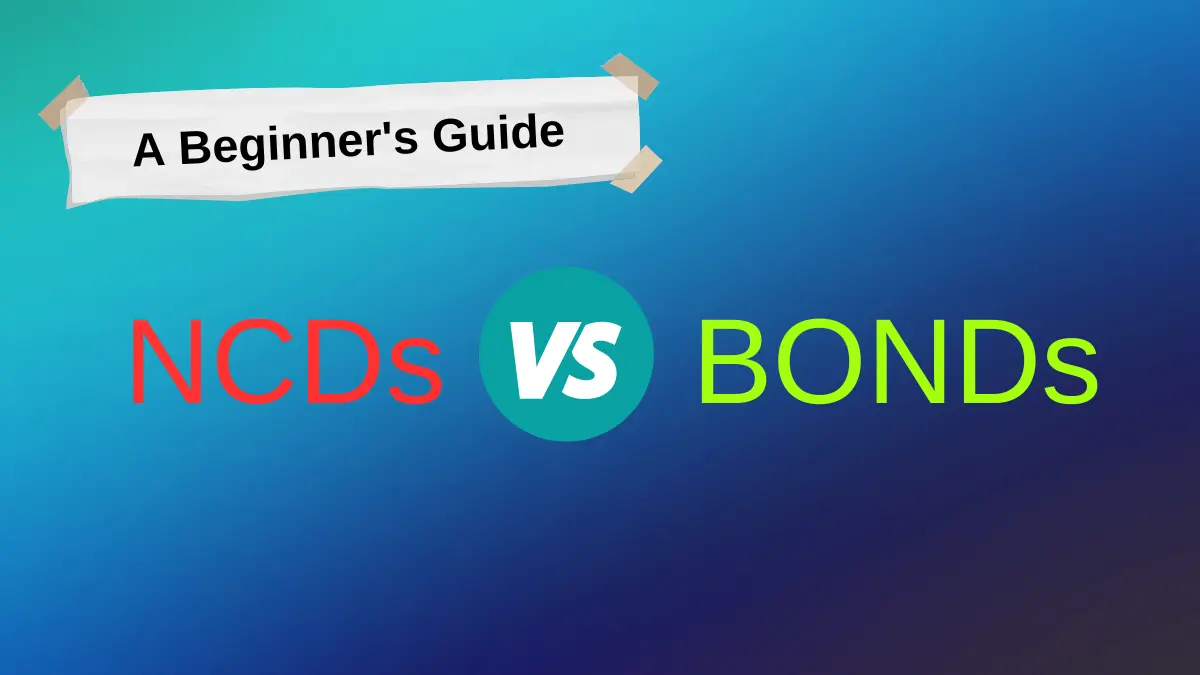NCDs and bonds are both debt instruments that are issued by companies or governments to raise money.
Here is a table summarizing the key differences between NCDs and bonds:
| Feature | NCDs | Bonds |
| Convertible | No | Yes (can be convertible or non-convertible) |
| Collateral | Can be secured or unsecured | Typically secured |
| Interest rate | Typically fixed | Can be fixed or floating |
| Maturity | Fixed maturity date | Fixed or variable maturity date |
| Risk | Higher risk | Lower risk |
| Potential return | Higher potential return | Lower potential return |
In general, NCDs are considered a riskier investment than bonds because they are not backed by collateral and cannot be converted into equity shares. However, Non-Convertible Debentures (NCDs) can offer a higher interest rate than bonds.
The best investment for you will depend on your individual investment goals and risk tolerance. If you are looking for a safe investment with a fixed return, then bonds may be a good option for you. If you are looking for a higher return, then you may want to consider NCDs.

